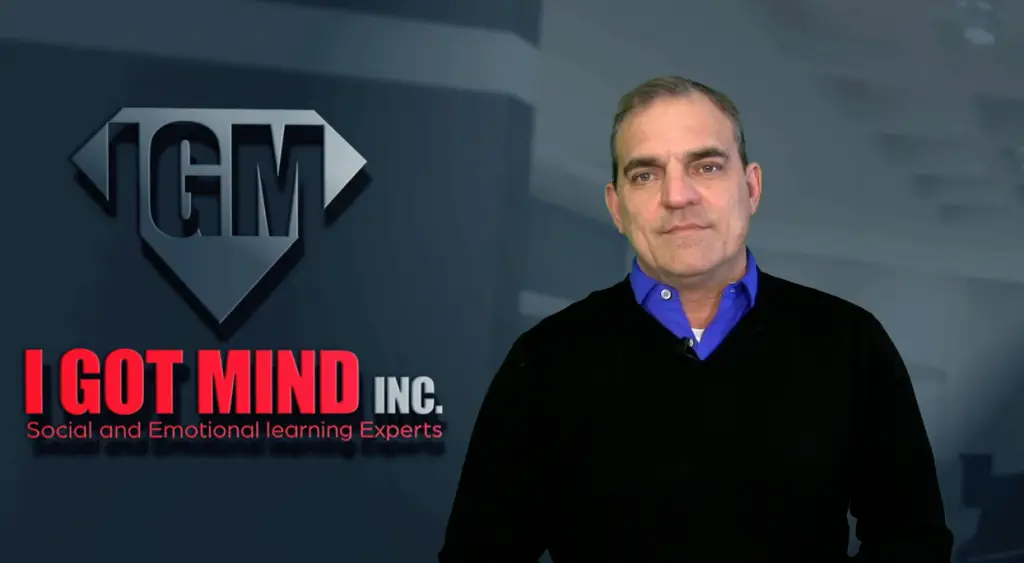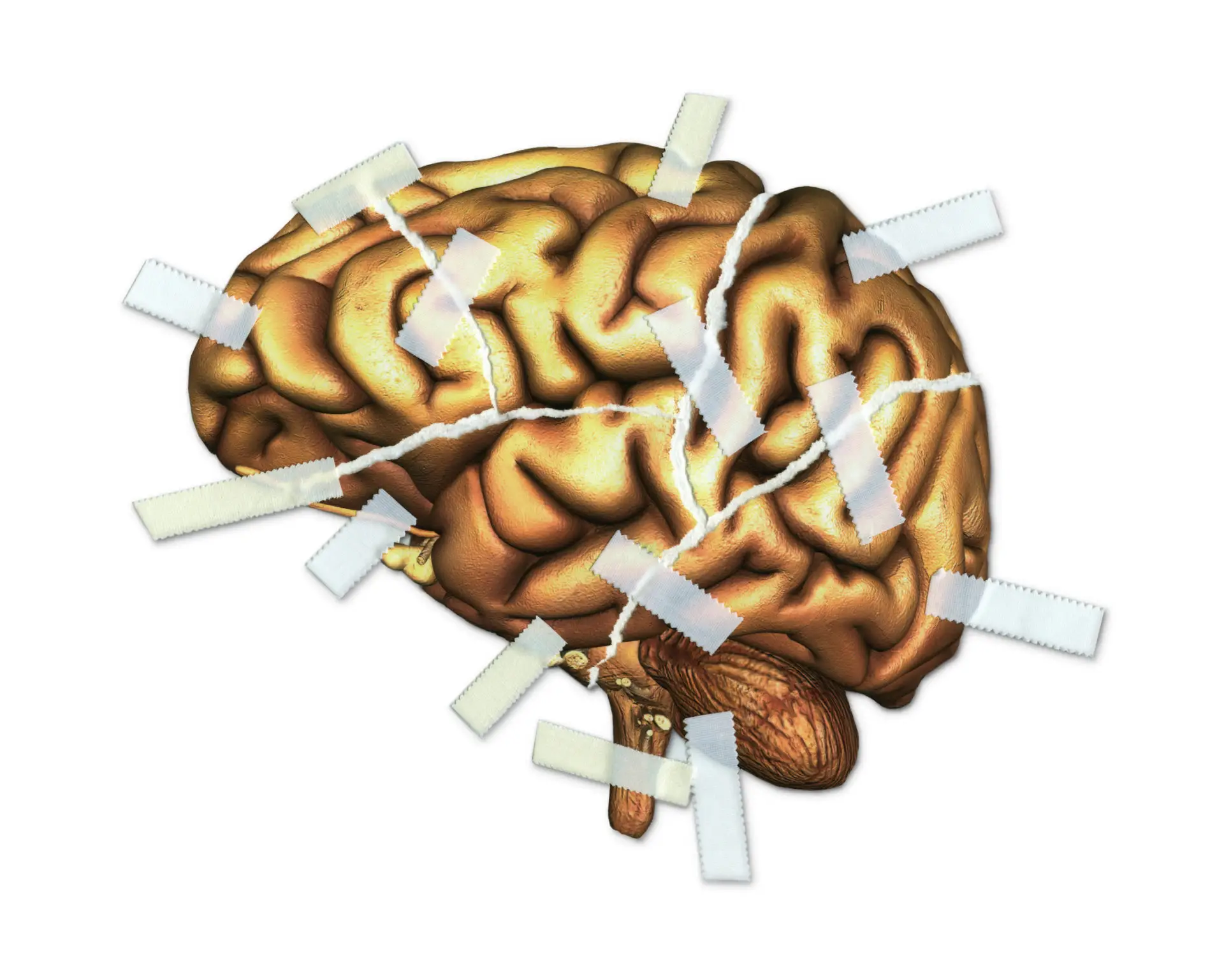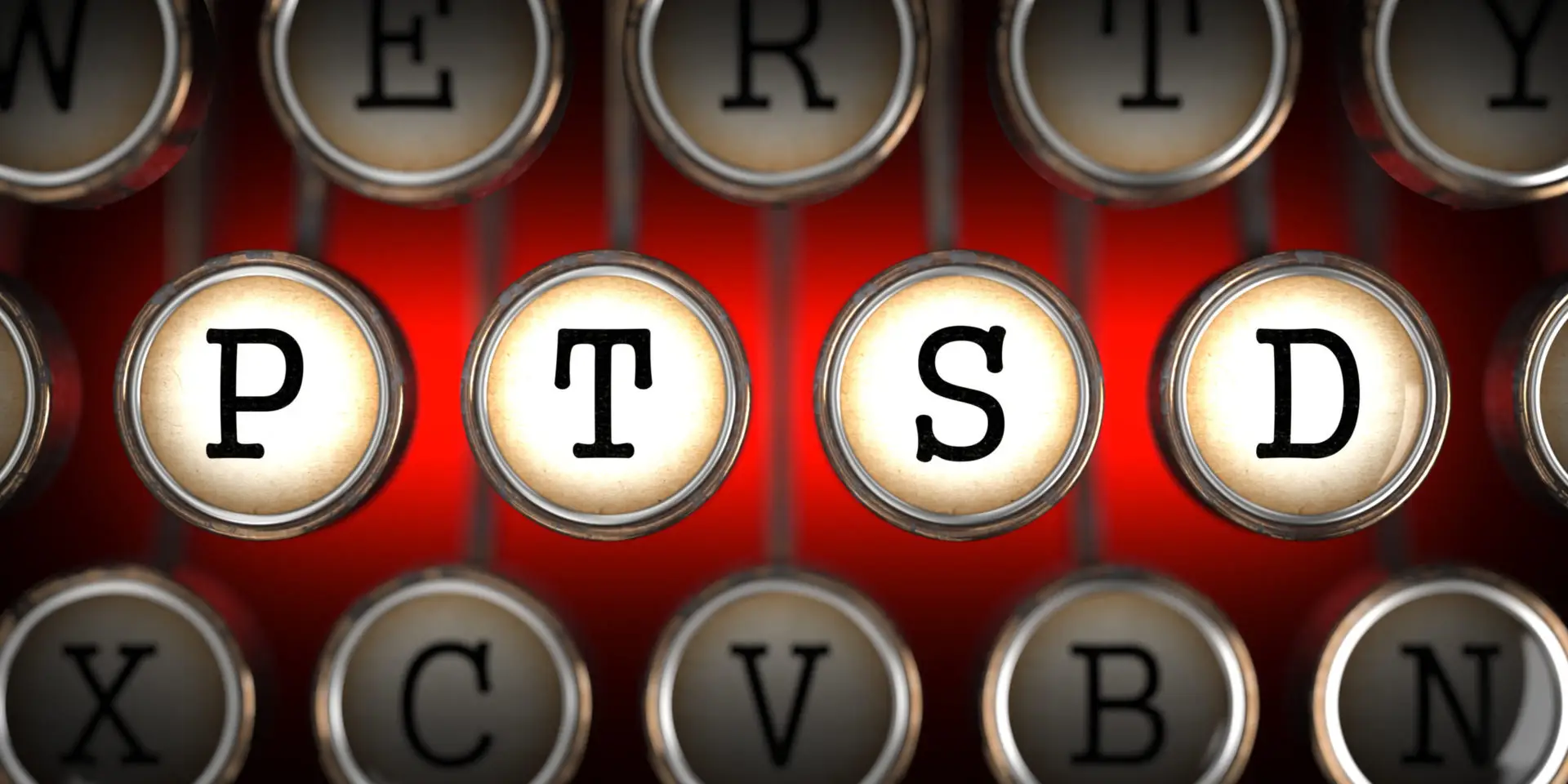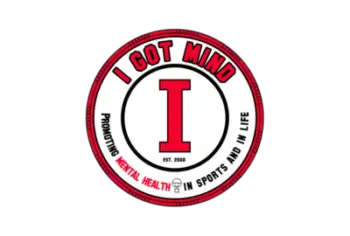All The Info You Need To Know About The Course
Being informed of the types and effects of trauma allows us to recognize when it is impacting the culture and performance of the workplace. This course will provide education and strategies to effectively manage the effects of trauma on ourselves and our coworkers.
Each individual experiences some form of trauma throughout their life though often it goes undetected.
In this course we introduce you to the several forms of trauma. Everyone should be trauma informed as trauma is the cause of many mental health challenges including anxiety, depression and addiction. Being trauma informed allows individuals to make sense of how they are feeling or why they may be struggling.
Judgment and stigma are bred through a lack of education. When we see others struggle or react, our inner judge can be activated. Our judgment can cause them to shut down, become non-trusting, or worse.
It is our individual responsibility to learn and grow, not only for ourselves but for those around us including our coworkers. When we take this responsibility seriously we can have a huge impact on the culture and productivity in our workplace.
The organizations with the highest levels of engagement, employee satisfaction and productivity, are those who invest in employee personal development programs and provide ongoing mental wellness education and support.
2
Lessons
15
Videos
3
QUIZ/ ASSIGNMENTS
Learning Objective
To introduce the forms of trauma
To provide an understanding of the powerful, potentially life altering affects of trauma
To reduce the stigma and judgement around trauma and the resulting mental health challenges
To provide strategies to help you overcome, or help others begin the healing process
The Course Lecturers
Bob and Shawn are very passionate about helping individuals learn about trauma. They have found in their personal lives and their professional work that we all have had something happen to us.
Learning what trauma can do to an individual, and how to overcome is vital to avoiding severe mental health issues.

Bob wilkie

Shawn O' Grady
Lessons
1
This course introduces you to a powerful experience, trauma, and the role it plays in our lives. We have learned a lot about trauma both personally and professionally. The insights from IGM founder Bob Wilkie, backed by brain science from IGM Mental Health Clinician, Shawn O’Grady, will help your managers and employees start to understand the impacts of trauma on themselves and those around them.
We now know that trauma is an individualized experience. What could be traumatic to some, may not be to others. Understanding all of the forms of trauma provides an understanding to why we see behaviour changes in others and how it affects the workplace. Secondary trauma and the subsequent mental health challenges is one of the most common workplace issues today.
2
As we go through life and have personal experiences we can become traumatized. Trauma alters the wiring in the brain and can contribute to many mental health challenges which carries over into all aspects of life including ones professional life. Learn coping strategies to implement for yourself along with ideas on how to support coworkers who may be struggling.
In this lesson Bob and Shawn are back to walk you through all of the forms of trauma. Isolated, Developmental, Secondary or Vicarious and PTSD. When an individual is traumatized being able to understand what happens to them and their brain is an important step toward healing and reducing stigma.
In the event that you become emotionally triggered during the course, here are some resources you can reach out to.
The information in this course may cause you to relive emotional pain you as you watch. It is important to be able to recognize that you are becoming emotional and ground yourself back to the present moment, or use one of the resources listed here.
Grounding yourself could be rubbing your hands together or on your thighs making sure that you come back to the present moment. Snapping a rubber band on your wrist or getting up and moving around can help you get out of the emotional spiral that can occur when we become triggered.
Crisis Service Canada
1-833-456-4566
Distress Centre (Calgary)
www.distresscentre.com (Live Chat Available)
1-403-266-4357 (HELP) 24 Hour Support
Email [email protected]
Categories: Business, Education, Mental Health for Individuals



